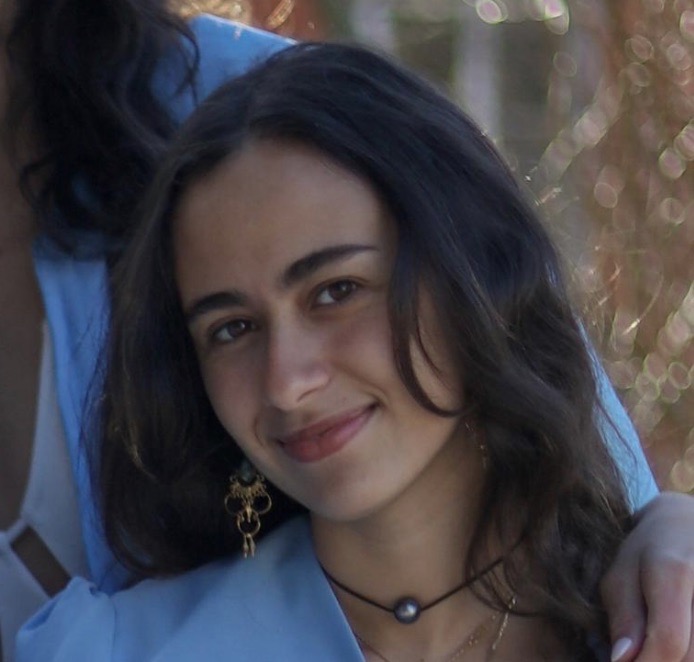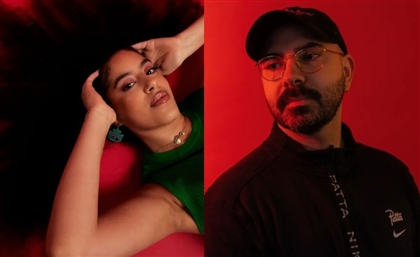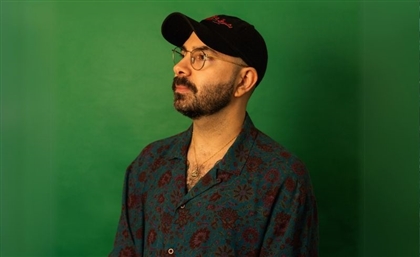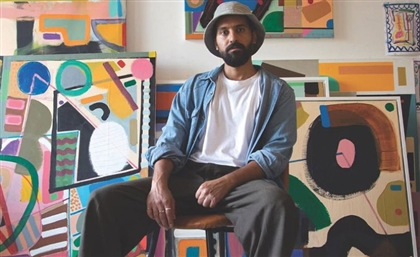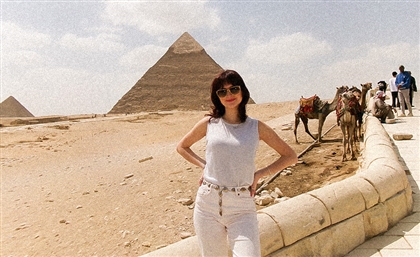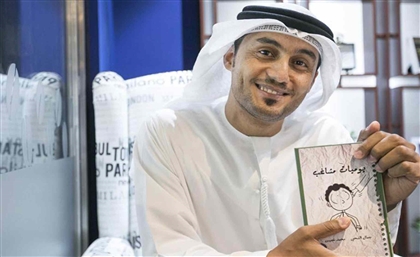XP Artist Spotlight: Moving Still, Between Worlds
Moving Still is the Dublin-based, Saudi-born maestro bringing sounds of the Middle East to the global clubbing scene.
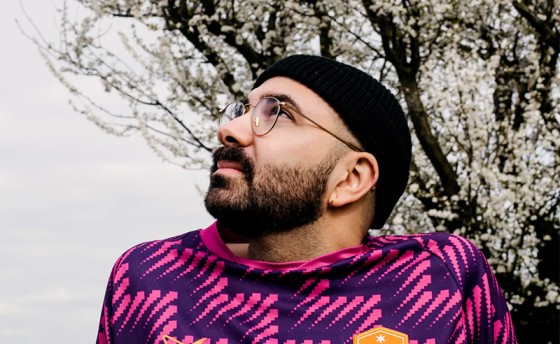
Jamal Sul, known behind the decks as Moving Still, is a Jeddah-born, Dublin-based producer and DJ who has carved a distinct niche in the electronic music scene. His style marries traditional Arabic sounds with modern electronic beats and house music, creating a genre-blending auditory experience.
Sul’s journey began in earnest around his early 20s and over time, his music evolved, notably from the ambient and house vibes in his 2016 mixtape with ‘wherethetimegoes’, to a more pronounced Arabic influence in later works like ‘With Oud’ (2018) and ‘Kalam Hub’ (2022). The latter marked his fifth release on CWPT/Cooking With Palms Trax, a testament to his growing discography and an ode to his dual heritage. His music has not only topped the Rush Hour charts but also resonated with high-profile DJs, becoming a staple in sets around the globe.
One of the significant milestones in Moving Still's career came with his high-energy participation in ‘Nooriyah’s Middle of Nowhere’ Boiler Room set in December 2022, showcasing how Arabic electronic music can elevate any dance-floor in an era where clubbers worldwide are craving more authentic, traditional sounds. Tracks like ‘Al Disco Haram’ have found a global audience, breaking the barriers between Western and Middle Eastern music scenes.
Moving Still's work is a reflection of his personal narrative, a blend of his Saudi Arabian and Irish heritage, and a testament to an evolving signature sound. His growing discography and the recognition from the Boiler Room set are just snippets of a promising career that continues to break new ground with each release.
We sat down with Moving Still to discuss his intriguing transnational background, the inspiration behind his unique moniker and MENA’s music scene…
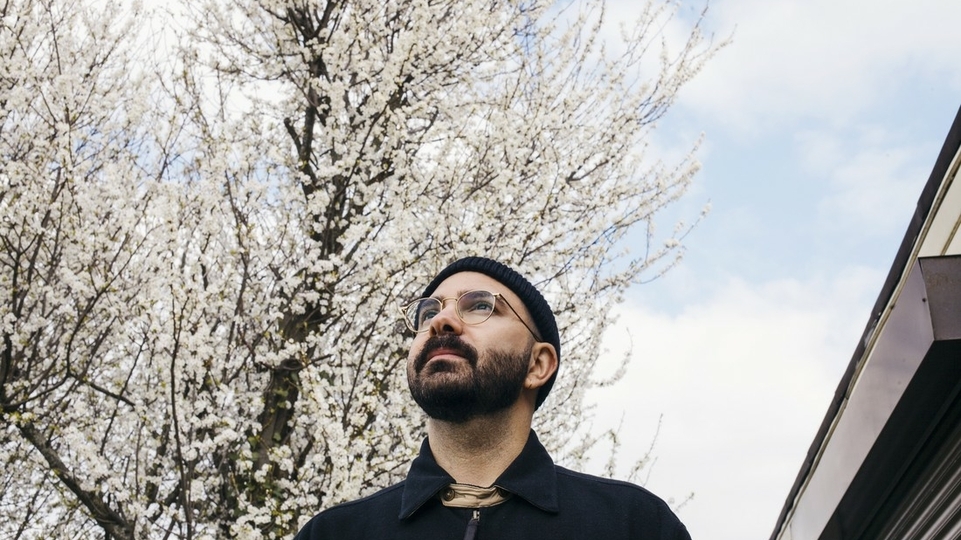 Would you be able to tell us a little bit about your background?
Would you be able to tell us a little bit about your background?
My name is Jamal, and I am an Irish-Saudi producer and DJ based in Dublin. I was born in Jeddah, and I lived there up until I was about 14. I always kind of went back and forth between Ireland and Saudi Arabia. And then at 14, I fully moved to Ireland and continued the rest of my life up until now living in Ireland, studying in Ireland, finishing my education, and also then, you know, getting into music. And now , over the last couple of years, I've been going back to Saudi and seeing more of it. I'm actually scheduled to go back there this winter for a month, because usually when I'm there, I'm only there for like two weeks. So it's nice to just go in, just to get familiar with what's happening over there, which is nice.
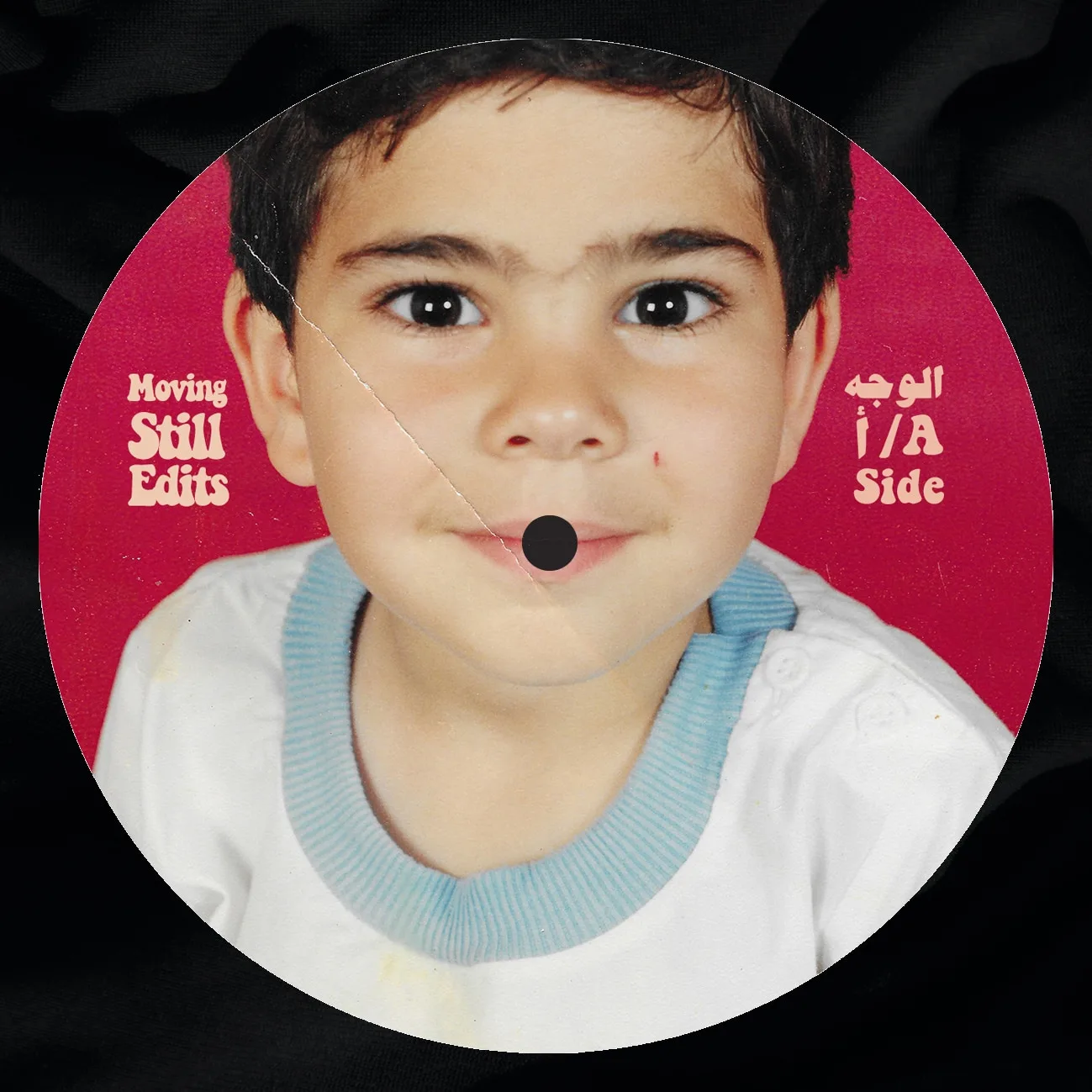 Where does your name come from, Moving Still?
Where does your name come from, Moving Still?
It comes from an obsession with jellyfish, really. When I was living in Jeddah, part of my whole growing up was me going to the beach literally every Friday. I think it was because [jellyfish] kind of move but they also look like they're not moving, they’re still. that name came from basically an oxymoron that moving is still, so it's kind of the opposite of each other. I was also making kind of ambient music, but weirdly enough, that name kind of then sank into what I do, Araby-wise, and in terms of what I do, Arabic-influenced music, which has been kind of weirdly strange that I didn't really have to change my name in order for the name to fit. Luckily, I think the name has kind of just become, I guess, just there. I don't really think about it anymore.
What would you say pushed you into the music world and production in general?
I guess I've always been really, really into music from a really young age. I always had kind of a passion towards instruments and really loved it. And I guess then electronic music really only started to kind of emerge probably in my early 20s. I got into production because I went to my first ever festival when I was 22. And it was an electronic festival in the UK called Bloc. It was kind of like a fancy festival because you didn't have to camp in tents or anything like that, and I got to see crazy artists like Aphex Twin, Laurent Garnier, Fourtet and the trio Magnetic Man.
I think that experience that I had from that made me realize that I really wanted to produce music. But I was kind of DJing just a time beforehand. So I guess really the start of producing came in when I was probably 22, 23. I predominantly made ambient music, house music, and electronic music. And then I guess that was kind of the format that I took from then up until now, which has been over 10 years.
From your mixtape with ‘wherethetimegoes’ in 2016, to ‘With Oud’ in 2018, to ‘Kalam Hub’, how would you chronicle your sounds and influences and how do they evolve over time?
There were a few of us in Dublin and we all were just writing music and we had no outlet. We had no label to be on. We also were just making music and had nowhere to go. And at the time, I was into a lot of ambient house stuff, but I was also kind of brushing on some Arabic influence tracks as well.
I didn't know where I fit with that type of music. I was trying to find my signature and I didn't really have one at the time. So if you listen to my 2016 mixtape, it's kind of a mix of different genres. It made me realize that there was a huge missing link because I've lived here for so long and I wanted to get back in touch with my roots and my heritage and really delve into that. And then I then wrote ‘With Oud’, which is based on the fragrances and the smells that I've had around me from my family. I guess then that kind of drove my sounds and made me realize that actually, I want to do more for myself, to fulfill my identity so that I can also be Arab, but also Irish at the same time. By the time I got to ‘Kalam Hub’, I combined my experience as a musician, a producer and a DJ to kind of how I can basically represent my culture, but also represent myself and my experiences and be non-apologetic about everything.
How would you describe your creative process in creating these genre-mashing productions?
I guess because I always came from a background where I understood electronic music, making house and making ambient stuff, that it actually wasn't so difficult to merge the cultural part of my identity with the electronic music. It just seemed very, very natural because I think my ear had already been adjusted to the sound of maqams and the sound of microtonal scales. Whether it was looking for samples or writing a lead that had a pitch bend that was written in a very maqam scale, it just became really, really easy for me. And I didn't think that there were going to be people that would like it, whether it was Western people or white people or Arabs, I had no idea. For me, I really enjoyed the process and it just happened to be that people enjoyed it.
What would you say was the first release that really had a big impact on your career?
I think ‘Al Disco Haram’ is the one that, for me, has been the one with longevity because it was one of my first original tracks that I put out. And it's also been played across the globe. But I think it also opened the minds of white people and Westerners that had never heard that type of sound like you or me.
So for us, it doesn't feel that new, but also it's refreshing to hear it in that kind of way, especially in the dance club space. If I'm thinking of the release as a whole, I think ‘Kalam Hub’, which is the last one I dropped with Palms Trax, which was my favourite one. I think the reason why is because of the kind of story behind it and what it represents, but also because it’s a mixture of sounds that I used. So I feel like it’s my best work, which I'm really, I'm quite proud of.
And would you talk us through your experience at Nooriyah's ‘Middle of Nowhere’ Boiler Room set and how that's also impacted your career as well?
So, first and foremost, Boiler Room is stressful. You're trying to build an hour that represents you as an artist and showcase it within that hour, and you're surrounded by so many people in a very small room. There's a lot of things happening and also there's a camera on you. But I think to be honest, what I really got from it was the togetherness that we had as a group. What was really nice is that we all communicated together prior to the gig to make sure that we were aligned musically. Because obviously there's a lot of remixes of similar songs and we wanted to be on the same page.
But in terms of career, I mean, it was crazy. It also showcased that Arabic music isn't just one dimensional. It's not just one style. There's so many different styles. You can really see that from, if you look at all The Boilers collectively, everybody had their own style. Nooriyah has a more bassy sound. And then we have Saliah that has that kind of UK garage sound and Pico being more kind of baile funk and then myself being kind of more of the disco realm. It just was so nice to see that. Even though there are some similarities in how we use Arabic music to remix, the main message is that we all actually make music very differently. It was really amazing.
Your music obviously really involves this vibrant fusion between Arabic and modern, electronic beats. As the electronic music scene kind of continues to globalise, how do you see the role of more regional and traditional sounds evolving within the genre?
Yeah, I love this question. It's really nice to see that people are getting more and more confident about bringing their culture into their sounds. I guess it probably helps that if you see people that are doing incredibly well within the music industry, then it's going to be a knock-on effect where it's going to help other people feel like, well, hey, that guy's doing it, or this girl's doing it, this person’s doing it. And they're going to feel open to doing it too.
I guess it's really nice to see that kind of electronic music in general, globalising. But you can see it in every part of the world, that there's people that are more than kind of bringing in their culture within that sense and seeing it literally everywhere, whether it's over in America or in Europe or in Asia or in Africa, it's really, really amazing to see.
What are some like future projects or collaborations, if you can disclose them that you're excited about?
In terms of collaborations, I'm basically working on an album and I'm hoping as part of that album to work with a lot of different people, mostly women, within the industry. So I am taking some time off to really focus and get some studio time on that project. I guess that's probably the main type of collaboration project that I have at the moment. But yeah, I can't wait for it to flourish because I think it would really be something that I'm very happy to be a part of it, because I think it's nice to see so many people in the scene and be part of this collaboration and part of this project that I'm going to work on.
What do you want to see more in the music scene?
It's always good to have more women in the industry, full stop. But I also really think that even though there's a lot of creators, who are really, really good at what they do, I don't see anybody in the realm that I'm in, which is kind of like the dark disco scene, and the kind of disco edits realm. But yeah, that'd be like my main message is that, to see more women get involved in the more dark disco edits realm.
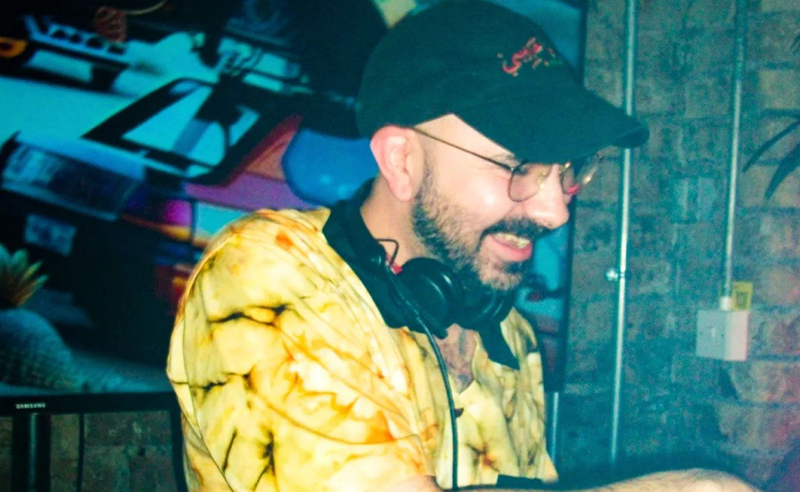 What are some artists from the region that you like at the moment that you align with?
What are some artists from the region that you like at the moment that you align with?
Okay, so I have a few. A bit of a long list, but I'd say Cascou, who I played with in Dubai. He's a DJ, a very good selector. And then Teksir, who is a Kuwaiti producer, and he makes absolute fire bangers. And then I'm also a huge fan of Lynn Adib, who is the singer for Bedouin Burger. And then Mushkila, who is a Turkish producer. Now this is kind of stepping a bit outside of the region, but Cheb Runner, who's a producer from Belgium, who is, I think, as far as I remember, Moroccan. And Glitter, also, she's Moroccan. And I think they've worked together a couple of times, which I always love what they do. And then a Sudanese producer called Taz Waves. I've recently discovered him, and he makes amazing Sudanese electronic music, which is amazing. And then Yas Meen Selectress.
What is some advice you would give to up-and-coming producers and DJs?
I guess my main advice is to focus on making a signature, whether it's a DJing signature or a production signature. I think the more time you spend on that, the more songs you make or the more kinds of mixes you make, you will have a signature. It takes time so just be patient with yourself. It's not something that's going to happen overnight. It's something that will happen over time. Don't do it for other people, do it for yourself.
- Previous Article Italian-Palestinian Duo No Input Debuts Eponymous Electro EP
- Next Article Egyptian Embassies Around the World
Trending This Week
-
Dec 27, 2025







